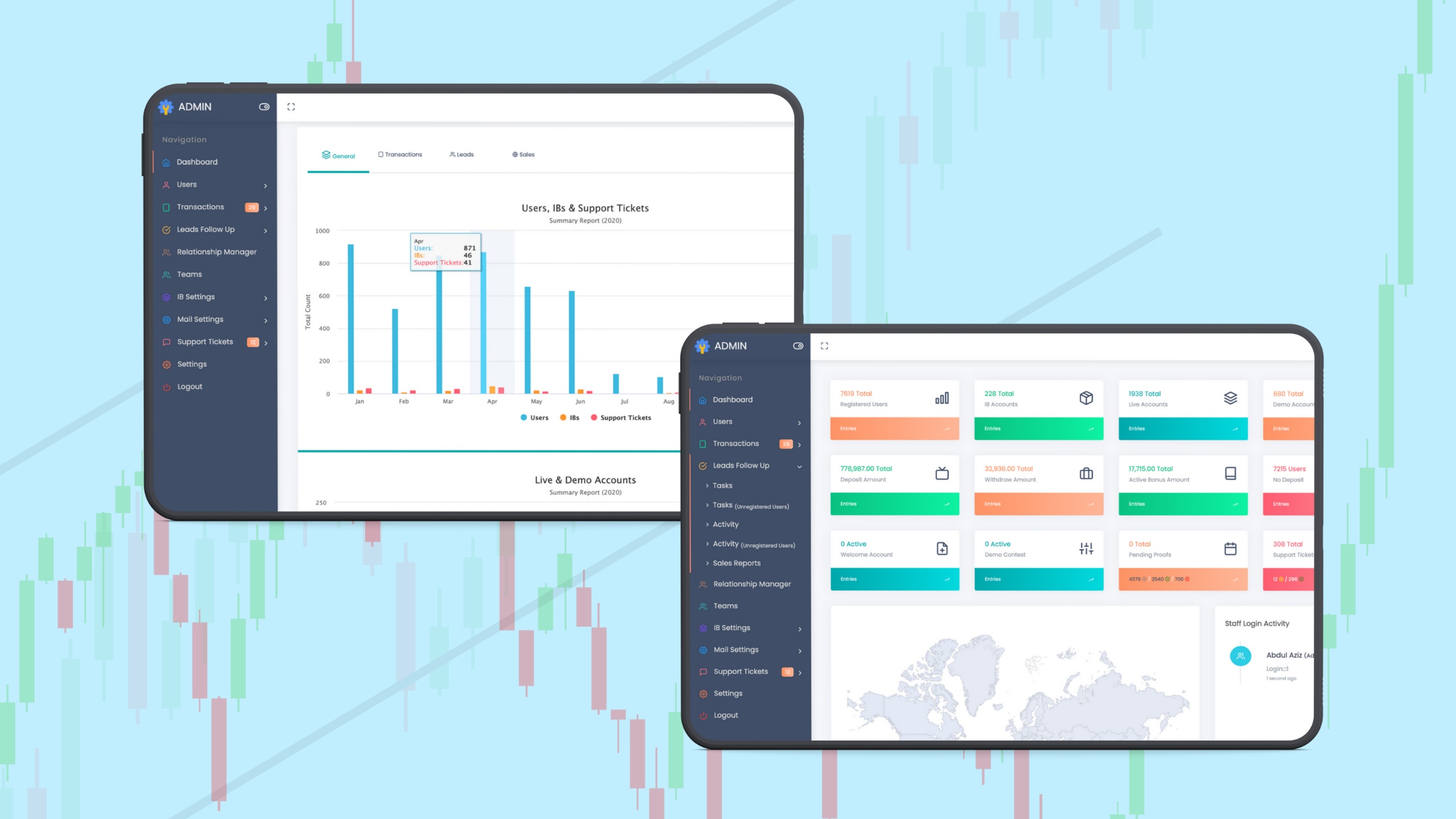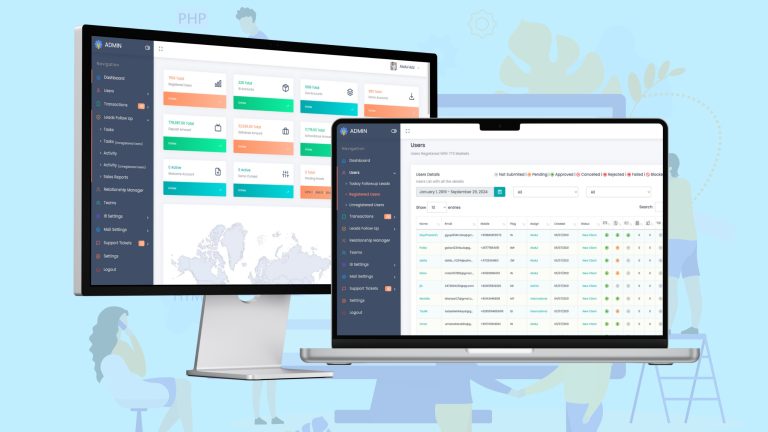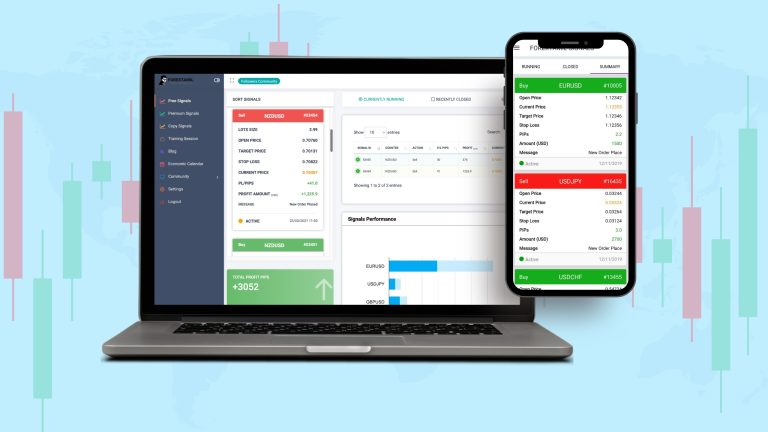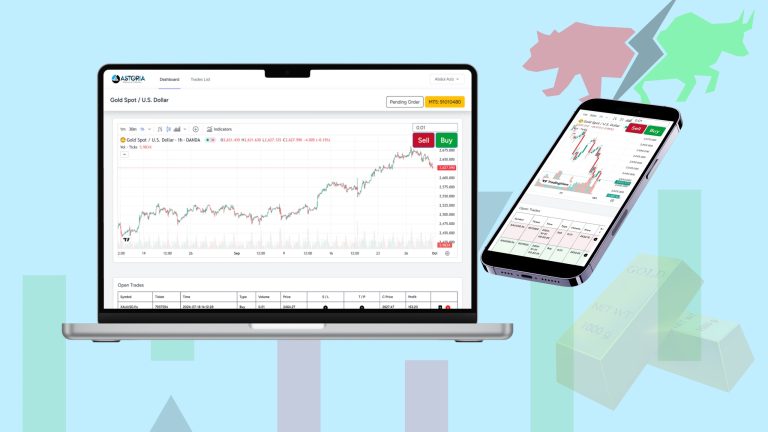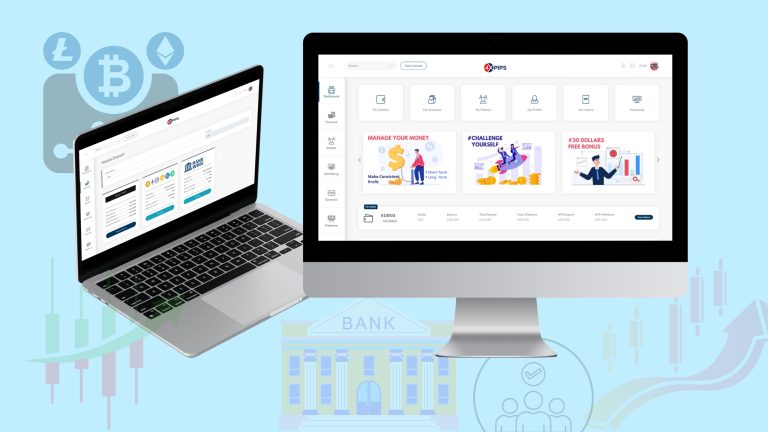Forex CRM (Basic)
In the ever-evolving landscape of Forex trading, staying competitive requires more than just understanding market trends and executing trades. For Forex brokers and trading firms, mastering client management and operational efficiency is crucial. This is where a Forex CRM (Customer Relationship Management) system comes into play. If you’re new to Forex CRM, this guide will walk you through the basics, helping you understand its key features, benefits, and how it can revolutionize your Forex business.
What is Forex CRM?
A Forex CRM is a specialized software tool designed to help Forex brokers manage their relationships with clients. Unlike general CRM systems, Forex CRM solutions are tailored to meet the unique needs of the Forex trading industry. They provide brokers with tools to track client interactions, manage leads, and streamline various operational processes, all from a centralized platform.
Why is Forex CRM Important?
In the Forex trading world, managing client relationships effectively can make a significant difference in your business. Here’s why a Forex CRM is essential:
- Client Relationship Management: Forex CRM systems help brokers keep track of client interactions, preferences, and trading history. This ensures that brokers can provide personalized service and respond to client needs more effectively.
- Lead Management: Acquiring new clients is crucial for growth. A Forex CRM helps in capturing, tracking, and nurturing leads, making it easier to convert them into loyal clients.
- Operational Efficiency: By automating routine tasks and centralizing information, Forex CRM systems improve operational efficiency. This allows brokers to focus more on strategic activities and less on administrative work.
- Regulatory Compliance: The Forex industry is highly regulated, and maintaining compliance is crucial. Forex CRM systems often include features to help track and manage client information in accordance with regulatory requirements.
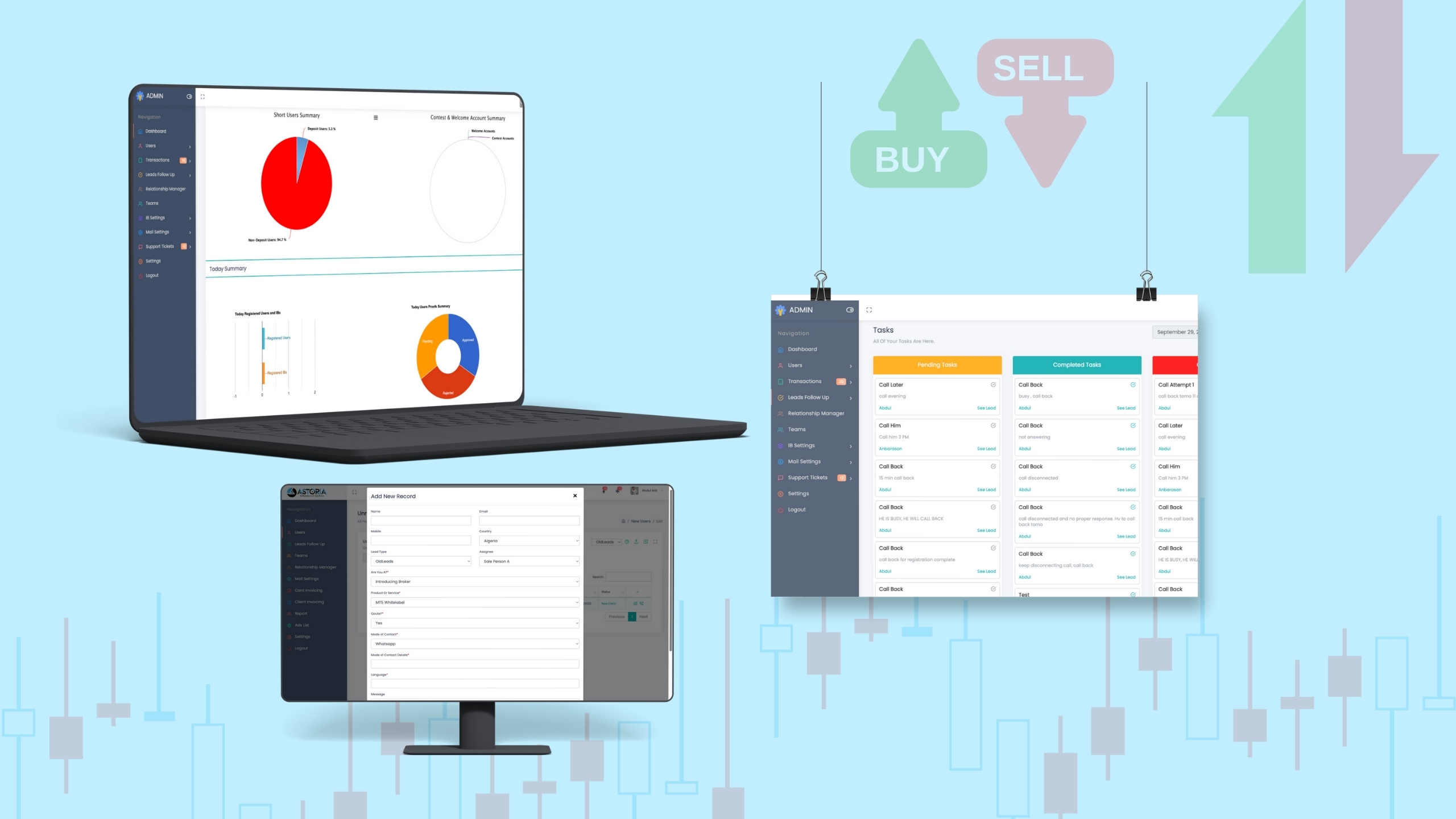
Core Features of Forex CRM
Here are some fundamental features you should look for in a Forex CRM system:
- Lead Capture and Management: The ability to capture leads from various sources (e.g., website forms, social media) and manage them through a streamlined process.
- Client Data Management: A centralized database where all client information, including trading history and preferences, is stored and easily accessible.
- Communication Tools: Integrated tools for sending emails, making calls, or messaging clients directly from the CRM, which helps in maintaining consistent communication.
- Automated Workflows: Automation of repetitive tasks such as follow-up emails, appointment scheduling, and data entry, allowing your team to focus on more strategic activities.
- Analytics and Reporting: Tools that provide insights into client behavior, sales performance, and other key metrics, helping you make informed decisions.
- Integration Capabilities: Ability to integrate with other systems you use, such as trading platforms or financial software, to ensure seamless data flow.
Getting Started with Forex CRM
Here’s a step-by-step guide to help you get started with a Forex CRM:
- Assess Your Needs: Determine what features are most important for your business. Consider factors such as lead management, client data storage, and automation needs.
- Research and Choose a CRM: Look for a Forex CRM that aligns with your requirements. Compare different options, read reviews, and evaluate their features.
- Implement the CRM: Once you’ve chosen a CRM, work on implementing it within your organization. This may involve configuring the system, integrating it with other tools, and training your team.
- Monitor and Optimize: After implementation, regularly monitor the CRM’s performance. Gather feedback from users, analyze the data, and make adjustments to optimize its use.
Conclusion
A Forex CRM system is a powerful tool for managing client relationships, streamlining operations, and driving growth in the Forex trading industry. By understanding the basics of Forex CRM and leveraging its core features, brokers can enhance their efficiency, improve client satisfaction, and stay ahead of the competition. If you’re new to Forex CRM, taking the time to learn about its benefits and functionalities will pay off in the long run, helping you build a more successful and efficient trading business.
Ready to take your Forex business to the next level? Explore the possibilities with Forex CRM and start optimizing your client management today.

